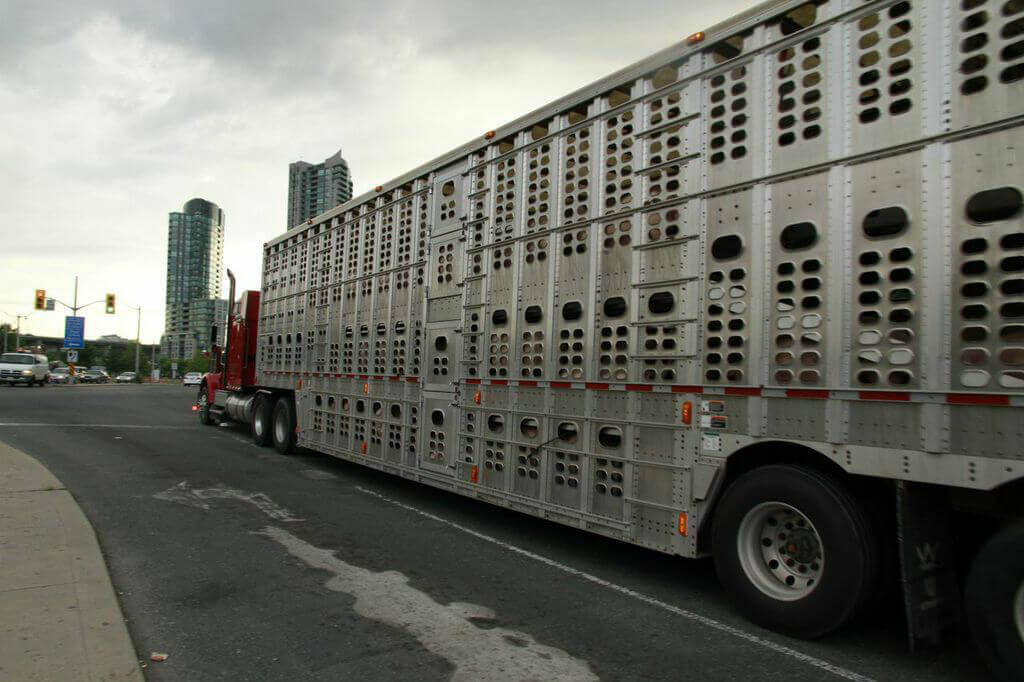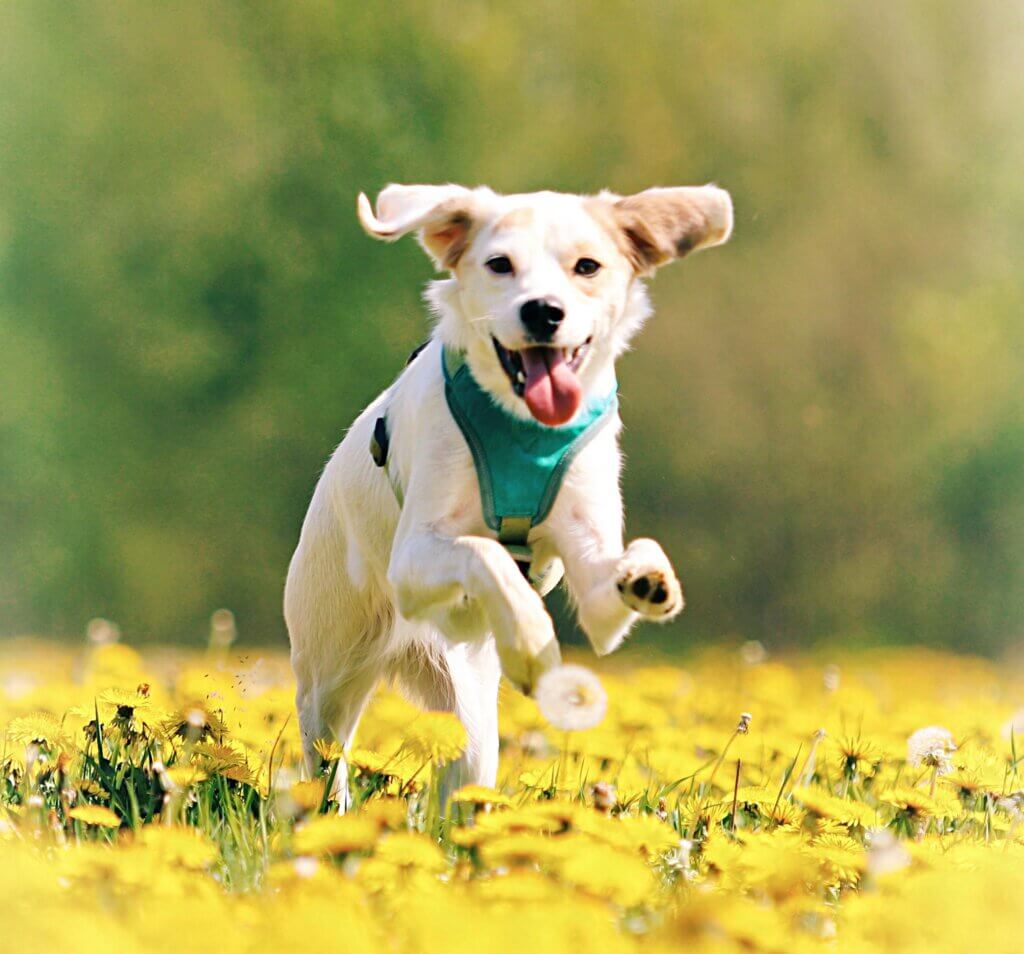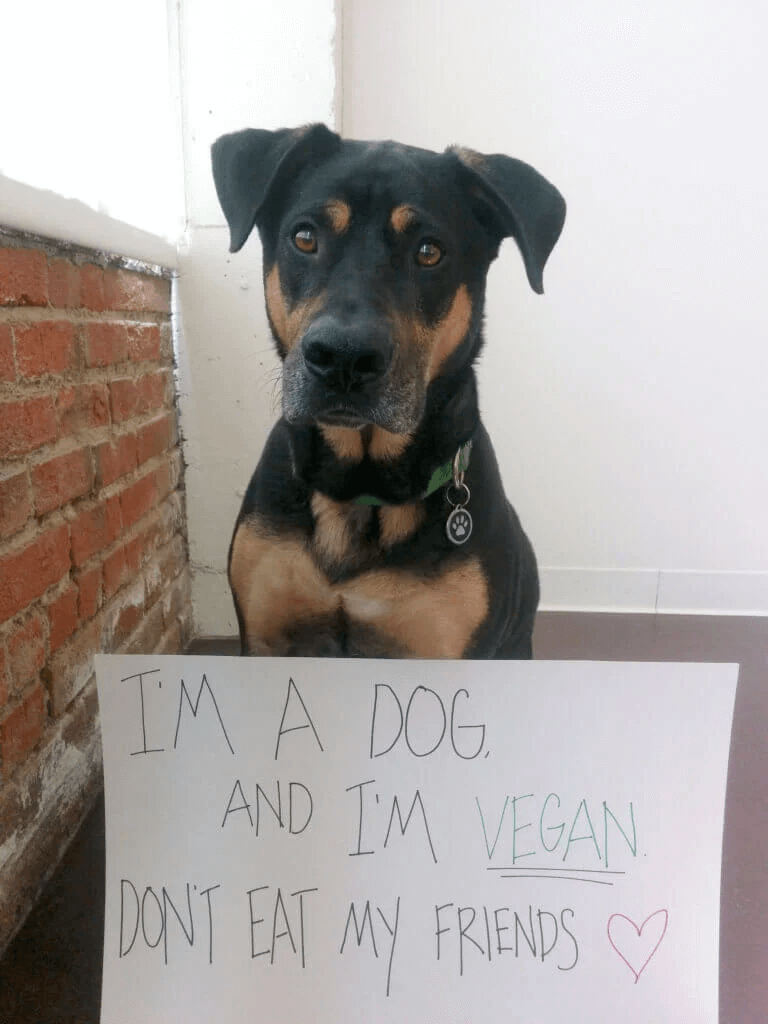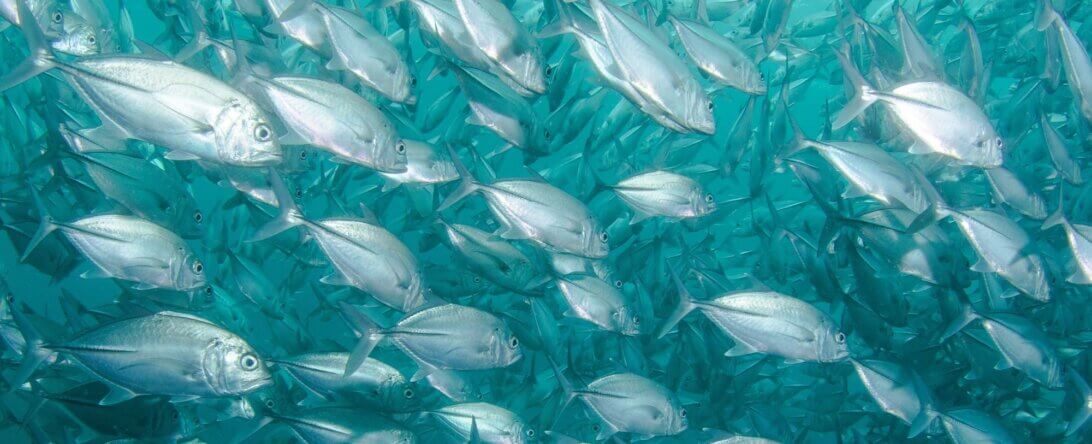Can You Feed Your Dog a Vegan Diet?
Eating vegan is 100% the right choice for us—it helps save animals from being torn away from their fams and violently killed and improves our health—but what about our dogs? Is it safe to feed them a vegan or vegetarian diet? 🐶 We know your dog’s health is the most important thing to you, so we’ll help you out—here’s everything you need to know about feeding them a vegan or vegetarian diet:
Why Feed Your Dog a Vegan/Vegetarian Diet
Dogs can thrive on nutritious vegetarian and vegan diets. Some dogs are even sensitive to meat and do better without it. Bramble, a border collie who ate vegan, lived a nearly record-breaking 25 years. 🤯
Many commercial meat-based dog foods contain super sus ingredients that are harmful to them, like pesticides, hormones, antibiotics, preservatives, ground-up feathers, and diseased flesh. 🤢 Feeding meat to our dogs also props up an industry that puts other animals through miserable lives and deaths and is a leading source of greenhouse gas emissions.

How to Make Sure Your Dog Stays Healthy
Just like us, dogs are omnivores1– their digestive systems are adapted to handle a variety of meats and plants. While wolves and other wild relatives hunt for food without human intervention, domestic dogs rely on us to provide their meals.
Any vegan with a four-legged bestie who wants to minimize their household consumption of animal-derived foods can rest easy knowing that most dogs can go veg as long as we pay careful attention to all their nutritional needs as we do for ourselves.

All dogs need proteins, amino acids like taurine and L-carnitine, fats, fatty acids, carbohydrates, fiber, and specific vitamins and minerals like vitamin D and calcium. You can find this stuff in most commercial foods or buy them separately and add them to your animal companion’s meals. Check the label on your dog’s primary food source – if these nutrients are already included, you prob won’t need to add supplements.
Just like with humans, not all dogs have the same energy, aka caloric, needs – it varies by age, size, and activity level. Scientific studies2 found that most dogs do best with a diet that’s at least 10% protein and up to 50% carbohydrates, with less than 4.5% fiber. Keep these macros in mind, but ask your vet if you have questions about your dog’s specific needs.
Many humans supplement their dogs’ diets with small amounts of tasty foods like melon, bananas, apples, green beans, carrots, millet barley, and nori. 😋 Any raw veggies you feed them should be grated or put through a food processor to boost digestibility. And remember that dogs don’t need much fiber in their diet.

Another favorite for many dogs—and humans—is peanut butter! Don’t go overboard with the PB, though, and check the label to make sure it’s safe for dogs: stick with a jar that doesn’t contain added sugar, salt, hydrogenated oil, preservatives, or artificial sweeteners like xylitol.
How to Make the Transition
Always ask your veterinarian before changing your dog’s diet and check in regularly so they can monitor the animal’s health and make adjustments as needed.
Mix vegetarian food with their meat-based food to give your dog a smooth transition to a vegan/vegetarian diet. The following brands offer top-tier meatless foods and don’t test their products on animals:
- PawCo Foods
- V-dog
- Petaluma
- Benevo (several canned and dry food options)
- Wysong Vegan (dry kibble)
- Wild Earth
Slowly increase the vegetarian food and decrease the meat-based food over one to two weeks. If you notice skin or digestive problems, try a different brand or recipe or return to the previous diet if necessary. And if your dog feels a bit iffy with their new food, you can try serving it warm or adding soy milk, nutritional yeast, olive oil, tomato sauce, powdered kelp, or baby food that doesn’t contain onions.
*****
Keeping your animal companions safe and healthy goes beyond what we feed them—it also extends to planning for an emergency. Use this guide to protect your animals as extreme weather worsens worldwide.
References:
1. Omnivorous dog traits revisited. dogs are classified as omnivores based… | download scientific diagram. ResearchGate. (n.d.). https://www.researchgate.net/figure/Omnivorous-dog-traits-revisited-Dogs-are-classified-as-omnivores-based-on-traits-that_fig1_268743597
2. National Research Council of the National Academies. (n.d.). Your Dog’s Nutritional Needs. https://nap.nationalacademies.org/resource/10668/dog_nutrition_final_fix.pdf
Text peta2 to 30933 for ways to help animals, tips on compassionate living, and more!

Terms for automated texts/calls from peta2: http://peta.vg/txt. Text STOP to end, HELP for more info. Msg/data rates may apply. U.S. only.




